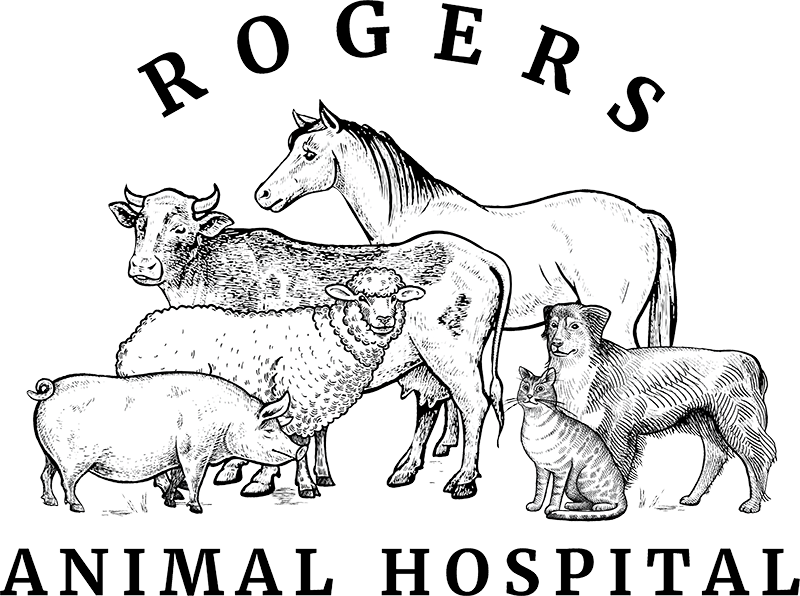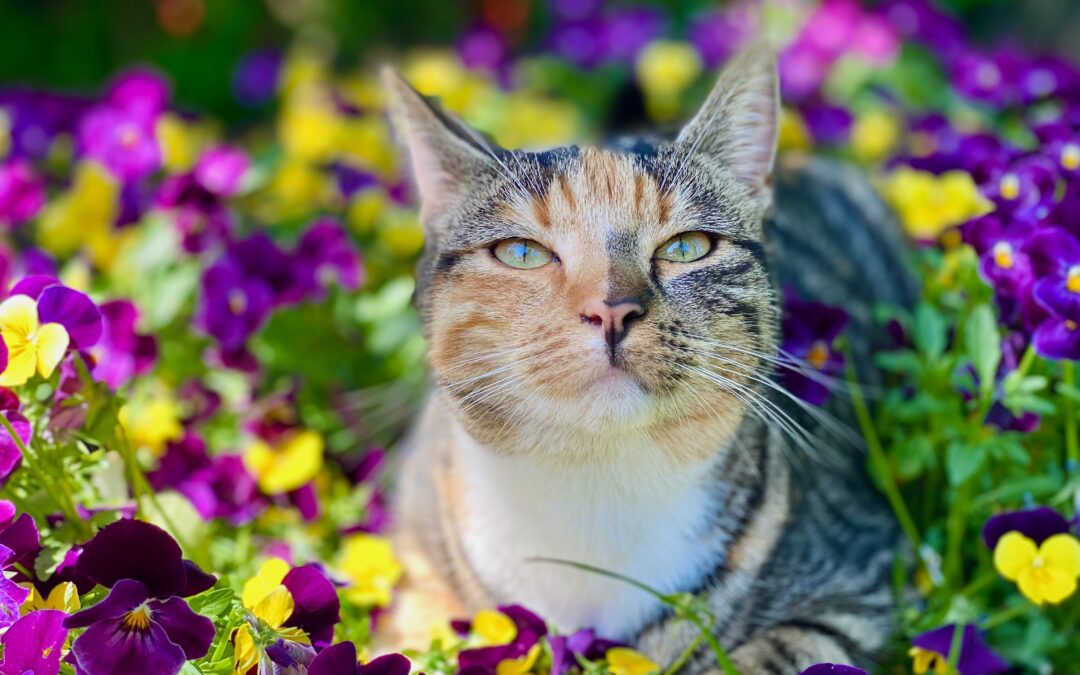Make Sure Your Pet Is Safe From Common Springtime Emergencies
Pets spend more time outdoors when the weather gets warmer and brighter, increasing the dangers to them. Be mindful of the frequent pet crises that arise in the spring to protect your four-legged friend.
Insect bites and stings
Although it can result in bites or stings, curious pets like exploring the buzzing, flying, and crawling insects outdoors. Even though the majority of animals bounce back quickly from a wasp, spider, or ant attack, some can experience allergic reactions that result in swelling, distress, and breathing issues.
Plant toxicities
Avoid choosing plants that could be hazardous to your pet when planning your springtime planting. Lilies, azaleas, and daffodils are typical spring flowers that are harmful to pets. Toxic plants can result in vomiting, diarrhea, lethargy, and convulsions if consumed. Cats are extremely sensitive to the toxicity of lilies, and ingesting any plant material results in severe kidney failure. When consuming any hazardous plant, pets require quick care to neutralize the toxin and undo any harm. When unsure of a plant’s safety, research whether plants are poisonous to animals online.
Allergies
Although seasonal allergies aren’t an emergency in the sense that lack of immediate treatment is fatal, pets can rapidly become miserable. Many pets are hypersensitive to pollens, grasses, molds, and other springtime allergens, and can develop itchy skin, ear infections, anal gland issues, and more after exposure. Without prompt treatment for seasonal allergy flares, pets can chew themselves raw, or develop an ear hematoma from excessively shaking their head.
Exposure to lawn and garden chemicals
Although you might desire the greenest lawn on the block, your pet could be seriously hurt by chemicals like fertilizer and herbicide. Chemicals adhere to their fur as they wander through the grass or garden, and when they groom, they consume these toxins. Ingestion of chemicals used in lawn and garden can cause salivation, breathing difficulties, vomiting, diarrhea, muscular spasms, heat, and convulsions.
Improper parasite prevention
Parasite populations are growing as the temperature rises. Preventing parasites is crucial because fleas, ticks, and mosquitoes emerge from hiding to feed on your pet. Always use a preventative that is prepared for the weight and species of your pet and is advised by your veterinarian. It can be fatal to give dog flea prevention to a cat, so always make sure the right animal receives the proper treatment.
Contact our staff right away for emergency care if your pet gets into an accident this spring.

